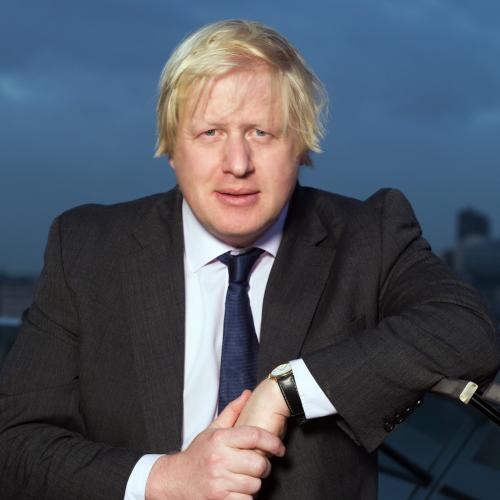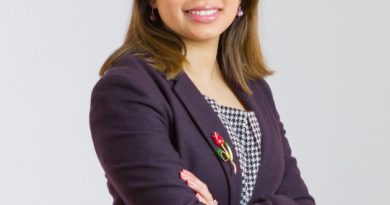Boris Johnson – 2021 Address to the UN Security Council on Climate and Security
The address made by Boris Johnson, the Prime Minister, on 23 February 2021.
For more than 75 years, this Security Council has been tasked with maintaining peace and security and it’s been difficult. We haven’t always agreed about how to achieve that goal.
But one thing is absolutely clear to me: that we are committed to tackling threats to our security, and as you’ve heard from Antonio, and from Nisreen it is absolutely clear that climate change is a threat to our collective security and the security of our nations.
And I know there are people around the world who will say this is all kind of “green stuff” from a bunch of tree-hugging tofu munchers and not suited to international diplomacy and international politics.
I couldn’t disagree more profoundly.
The causes of climate change we’ve got to address, but the effects as you’ve heard from Nisreen, and as you’ve heard from Antonio, in those speeches just now, are absolutely clear.
Think of the young man forced onto the road when his home becomes a desert, one of 16 million people displaced every year as a result of weather-related disasters – weather-related disasters that are associated with climate change.
He goes to some camp, he becomes prey for violent extremists, people who radicalise him and the effects of that radicalisation are felt around the world.
“Think of the girl who drops out of school because her daily search for water takes her further and further from her family – and into the clutches of human traffickers and the international criminal gangs who profit from them.
Or think of a farmer who has lost harvest after harvest to drought and then switches to poppies because poppies are a hardier crop, with the impacts that the opium crops have on the streets of all our cities, quite frankly.
Or think of the impoverished and fragile nation whose government collapses when critical infrastructure is overwhelmed by increasingly frequent extreme weather – of a kind that sends shockwaves of instability around the world.
Now if that kind of result, in terms of political, economic, humanitarian impact, if that was being triggered by some kind of despotic warlord or civil war, then nobody would question the right and the duty of this UN Security Council to act, and therefore this is not a subject we can shy away from.
This isn’t by the way, like so many of the issues that I know you confront, Antonio, this isn’t some bafflingly complex diplomatic minuet, this isn’t some modern equivalent of the Schleswig-Holstein question – can you remember the answer to the Schleswig-Holstein question, Antonio? I bet you can.
People know the answer to climate change and they know how to tackle this crisis.
And as Bill Gates put it in his new book, what we’ve got to do is go from 51 billion tonnes of greenhouse gas emissions each year to net zero, so the increase in global temperatures remains at manageable levels. And as we do so we must support the most vulnerable and fragile nations that are feeling the effects of climate change, help them to adapt and to build resilience.
And that’s what we’re doing. So last year [sic: 2019] we passed a law committing us, the UK, to achieving net zero carbon-emissions by 2050. And we’ve pledged to slash emissions by 68 per cent by 2030, that’s the steepest reduction for any major economy.
Our climate finance commitments for the next five years, supporting the rest of the world to achieve this, stand at £11.6 billion. And, ahead of the COP26 summit we’re going to be putting climate change firmly at the top of the agenda for our G7 presidency as well.
So my message to you all today is now the UN Security Council has got to act too.
Because climate change is a geopolitical issue every bit as much as it is an environmental one. And if this Council is going to succeed in maintaining peace and security worldwide then it’s got to galvanise the whole range of UN agencies and organisations into a swift and effective response.
“If we don’t act now, when will we act? That’s my question. When are we going to do something if we don’t act now?
When changing sea levels are affecting our navigation around our coasts? Or when, as Nisreen said, when huddled masses fleeing drought or wildfire, or conflict over resources arrive at our borders?
Whether you like it or not, it is a matter of when, not if, your country and your people will have to deal with the security impacts of climate change.
So let’s do what this Council was created to do and let’s show the kind of global leadership that is needed to protect the peace, the security and the stability of our nations, of our regions and of our world.
Thank you all very much.


